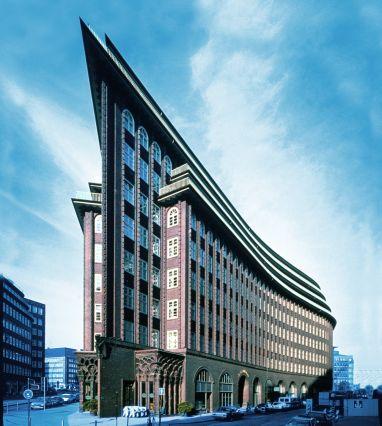Main Characters
 |
| <http://www.corporate-aliens.com/quotes/getquote.php?Paul-Baumer"eid=326> October, 2011 |
Paul Baumer - the narrator and protagonist of All Quiet on the Western Front, starts the war happy and compassionate and slowly detaches from his emotions and dies at the end of the book
Stanislaus Katczinsky- known as Kat and is Paul's best friend in the army in Paul's company, Kat is forty in the beginning of the novel, has a family at home, and is the most resourceful man in the company always finding food and other supplies when needed
Kantorek- a school teacher from Paul's High School the boys had who pressures young men to take pride in their country and join the army, a very ignorant man
Himmelstoss- the boys Corporal who is very short and is on a power trip giving the boys a hard time and once he's placed out in the fighting is a coward
Franz Kemmerich- another one of Paul's classmates who gets a leg wound in the first few chapters, gets his leg amputated and dies, and is the first time that Paul and the boys deal with a death, Paul takes it hard
Albert Kropp- one of Paul's good friends and a fellow classmate, a very intelligent and analytical man
Muller- also one of Paul's good friends and fellow classmates, a very practical and stubborn man who questions the men about what they're going to do after they get home
Tjaden- another Second Company friend of Paul's, big guy who eats a lot and has many issues with Corporal Himmelstoss and taking orders from him
Detering - one of Paul's close friends in the army who misses his farm and family and tries to escape only to get caught and never heard of again
Gerard Duval - the french soldier that Paul kills when he jumps into the same hole as Paul and is the first person Paul has killed hand to hand combat, Paul finds out he has a wife and children at home and is very traumatized by the event
Lieutenant Bertinck:
| <http://www.gettyimages.co.uk/detail/3279003/Hulton-Archive> October, 2011 |
Chapter 11 Summary:
Main Characters:
Paul Baumer
Detering
Berger
Muller
Stanislaus Katczinsky
This chapter is very bitter and full of events. Fall has started for the men. Paul says the men are no longer individuals but melded as one. They are all soldiers and then individuals. In this chapter Detering cuts down some branches from a cherry blossom tree and attempts to escape home. He gets caught and is tried as a deserter and the men never hear of him again.
The chapter moves to when the men are on the front lines and their comrade Berger who runs out into lines of attack to either save or end the life of a messenger dog and get's a wound to the pelvis. Muller dies from a wound to the stomach and gives his boots to Paul which were previously Kemmerich's. The men also get dysentery which depletes the little energy they have. The men keep hearing rumors of the end coming but it does not come in this chapter or this book.
Paul says the summer of 1918 was the bloodiest summer and they all know the Germans are losing. The chapter ends with Paul's last friend 'Kat' getting a wound in the shin. The whole time Paul is carrying him back he get's more and more depressed about being left alone. When Paul arrives at the dressing center an orderly tells him it was a waste of time to bring a dead man. Paul bends down to rub Kat's temples and finds blood. Kat died from a small wound to the head that was unnoticed by Paul. Paul doesn't cry he appears to go numb, and says he knows nothing. It is a chapter leading to the end for Paul.



